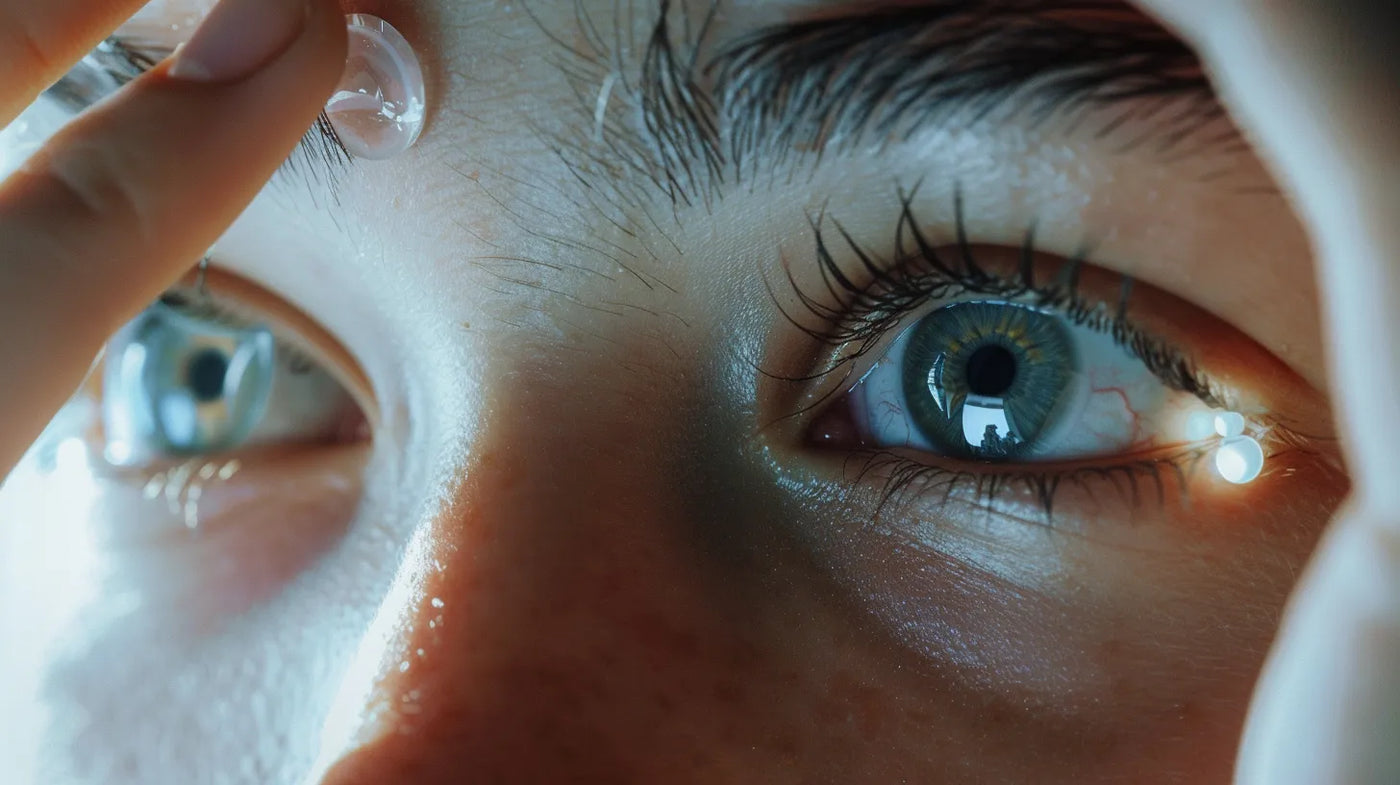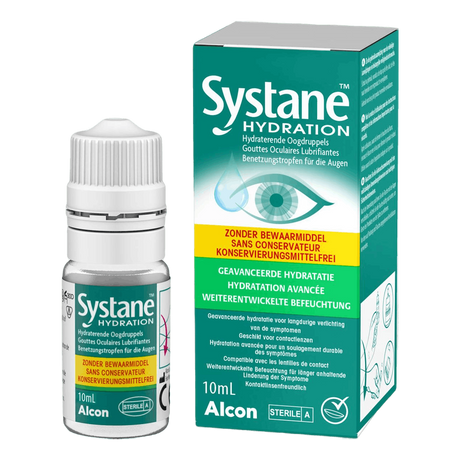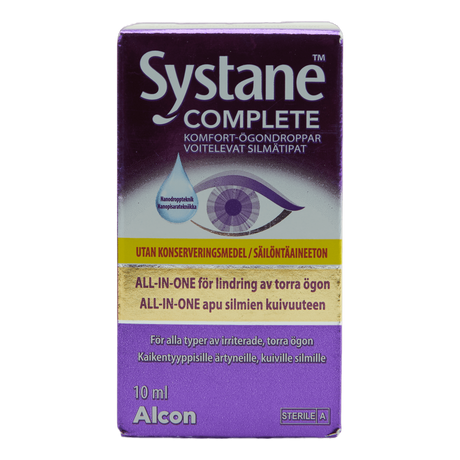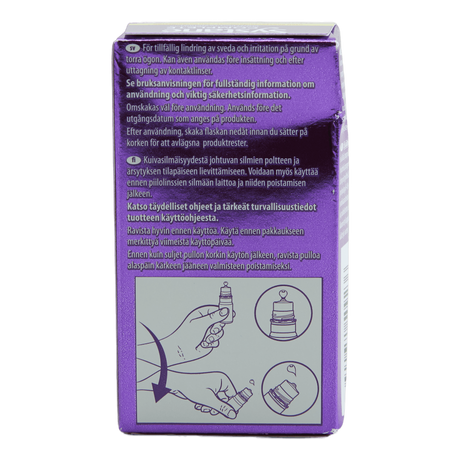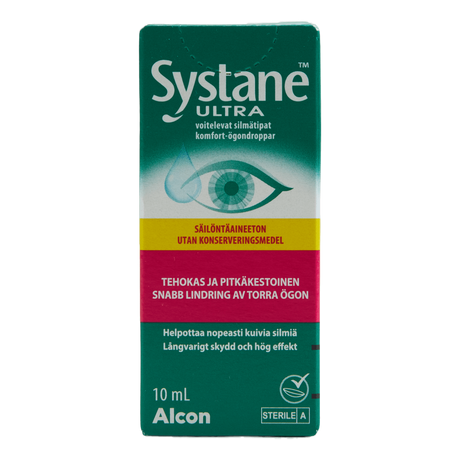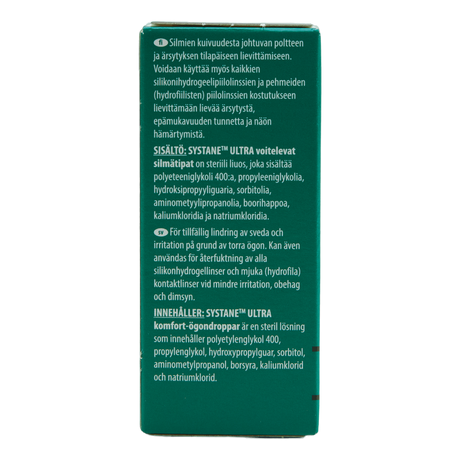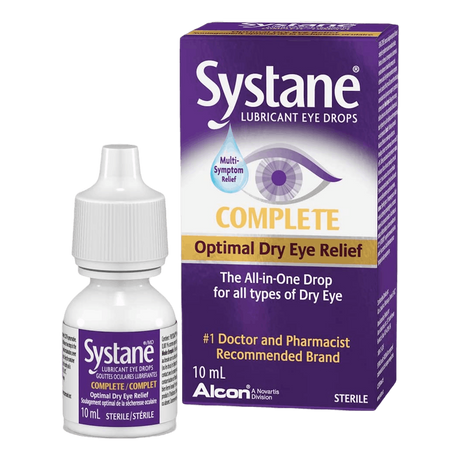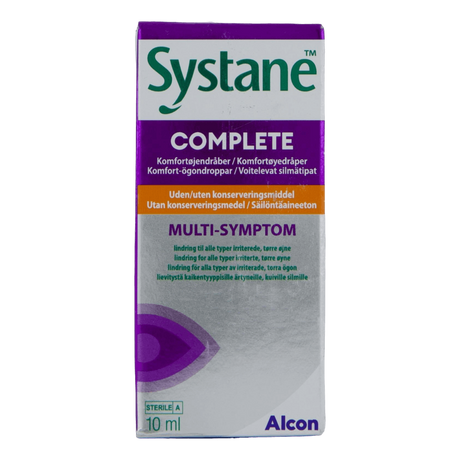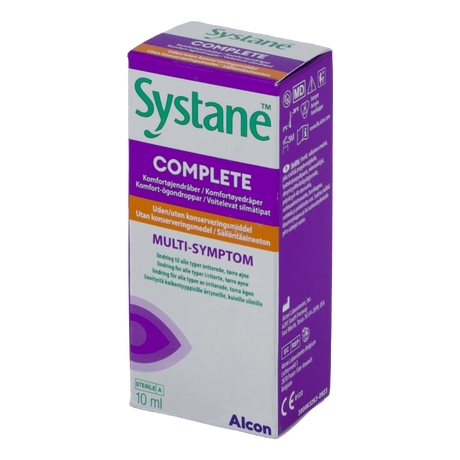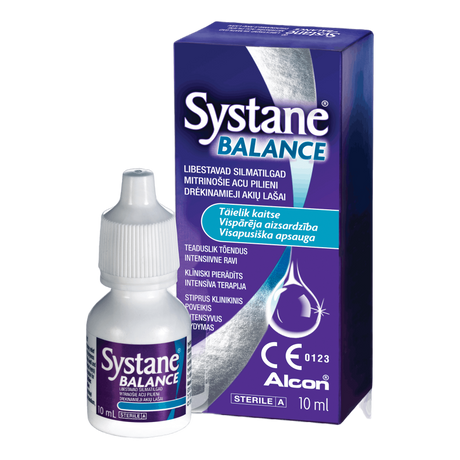Why Do Contact Lenses Cause Dry Eyes?
Dry eyes are a common problem for many contact lens wearers. This can be due to several factors:
- Contact lenses can disrupt the eye's natural tear film, leading to dryness and irritation.
- Certain types of contact lenses, such as traditional soft lenses, can absorb tear fluid and contribute to dry eyes.
- Prolonged contact lens wear without adequate breaks can increase the risk of dry eyes.
- Environmental factors such as air conditioning, wind, and dry air can exacerbate the symptoms.
Regardless of the cause, it's important to treat dry eyes to avoid discomfort and potential damage to the eye's surface. This is where eye drops come into play.
How Do Eye Drops for Dry Eyes Work?
Eye drops for dry eyes, also known as artificial tears, are specifically designed to mimic the eye's natural tear film. They often contain the following components:
- Moisturizing agents such as hyaluronic acid or hydroxypropyl methylcellulose (HPMC) to lubricate and hydrate the eye's surface.
- Electrolytes like calcium chloride and potassium chloride to balance the tear film's composition.
- Buffers to maintain the eye's natural pH level.
- Preservatives to prevent bacterial growth in the bottle (some eye drops are preservative-free).
By applying these eye drops regularly, you can alleviate symptoms of dry eyes, such as itching, burning, redness, and a feeling of something in the eye.
Important Factors to Consider When Choosing Eye Drops
When looking for the best eye drops for your dry eyes, consider the following:
- Contact Lens Compatibility: Choose eye drops specifically designed for use with contact lenses. These are often preservative-free to avoid irritation and damage to the lenses.
- Ingredients: Look for eye drops with moisturizing agents like hyaluronic acid or HPMC. Avoid drops with vasoconstrictors (e.g., tetrahydrozoline), as they can worsen dry eyes in the long run.
- Usage Frequency: Some eye drops are intended for frequent use, while others are more concentrated and should be used less often. Choose a product that suits your needs and lifestyle.
- Individual Preferences: Eye drops come in varying viscosities (thickness) and with or without preservatives. Try different options to find the type that feels most comfortable for you.
Top 3 Eye Drops for Contact Lens Wearers with Dry Eyes
Based on effectiveness, contact lens compatibility, and user reviews, here are our top picks:
- [[brand]]Blink Contacts[[/brand]]: These preservative-free eye drops contain hyaluronic acid and are specifically designed for contact lens wearers. They provide long-lasting relief from dry eyes without affecting lens performance.
- [[brand]]Systane Ultra[[/brand]]: With a unique formulation that includes HP-Guar and sorbitol, these eye drops offer superior moisture and protection for the eye's surface. They are also preservative-free and safe for use with contact lenses.
- [[brand]]Thealoz Duo[[/brand]]: These high-quality eye drops contain both hyaluronic acid and trehalose, a natural disaccharide that protects eye cells from dryness. They are preservative-free and well-tolerated by contact lens wearers.
Additional Tips for Managing Dry Eyes as a Contact Lens Wearer
In addition to using eye drops, you can reduce the risk of dry eyes by:
- Switching to lenses with higher oxygen permeability, such as [[brand]]silicone hydrogel[[/brand]] lenses.
- Taking regular breaks from contact lens wear and allowing your eyes to rest.
- Drinking enough water to avoid dehydration.
- Using a humidifier indoors to counteract dry air.
- Blinking frequently, especially when using digital devices.
Remember, dry eyes are a common issue for contact lens wearers, but with the right eye drops and self-care, you can keep your eyes moist and comfortable. Listen to your body and don't hesitate to consult your optician or eye doctor if symptoms persist or worsen. With a little extra care, you can continue to enjoy the benefits of contact lenses without compromising your eye health.
